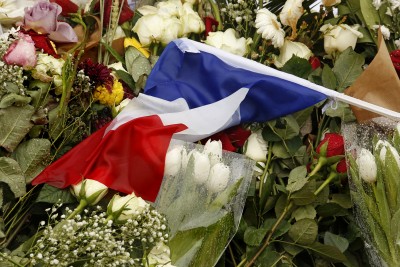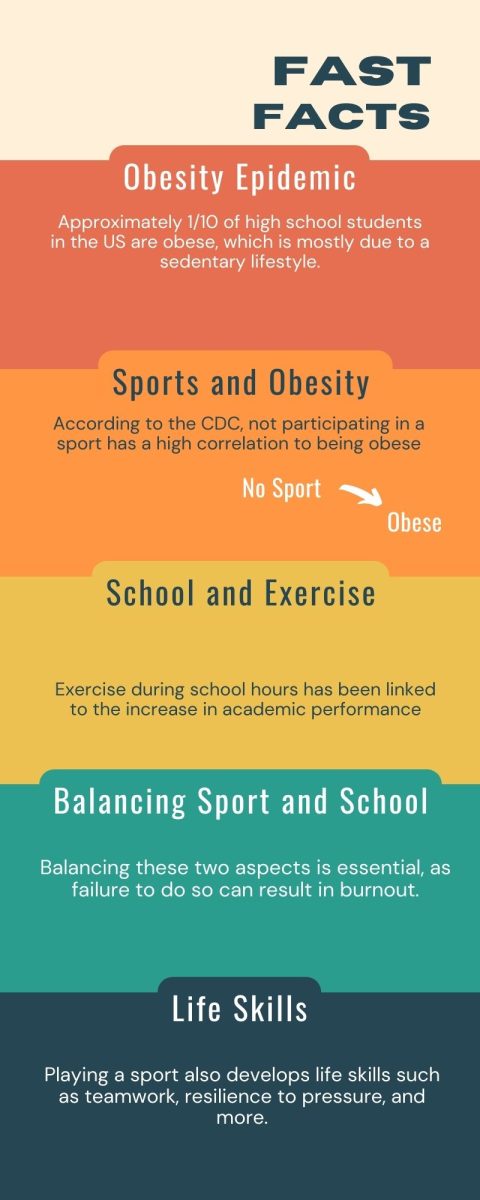
By IONA BATCHELDER
Opinion Editor
The day after the Paris attacks, when I went on Facebook and saw that they had an option to put a French flag overlay onto your profile picture, I immediately added it, as did many of my friends. I remember scrolling through my News Feed and seeing so many using the temporary picture and feeling somewhat better about the attacks. Yes, that picture change did absolutely nothing concrete to help victims of the attacks. But I remember observing how beautiful it seemed that so many could band together and show solidarity for a grieving nation.
On the evening of November 13, 2015, over 120 people were killed and over 350 injured in a series of terrorist attacks perpetrated by the Islamic State that took place across Paris. Three teams of terrorists executed the attacks, which involved several explosions and shootings which took place outside a football stadium, inside a few restaurants and inside the Bataclan theater, where band Eagles of Death Metal were playing a concert. The Bataclan theater shooting alone took 89 lives, with attackers firing almost continuously over 10 minutes into a packed concert hall of around 1500 people.
It was also a day after the Paris attacks that I first saw a comment on an article about Paris the New York Times had posted on Facebook that gave me pause. It said something to the effect of, “Why is the media continuously talking about the Paris attacks but not mentioning anything about the attacks in Beirut the day before that killed and injured so many innocent people.”
I remember feeling mixed emotions at this; firstly, confusion, as I really had not heard about the attacks in Beirut before reading that comment. I also felt sadness, for the innocent victims in Beirut. But mostly, I felt anger. Anger that an article about how Paris citizens were opening their homes to those who were requesting shelter was hijacked by someone speaking of another attack. Anger that one could even for one second attempt to compare Paris, the capital of one of the most powerful, Western, friendly nations in the world, to Beirut, the capital of a country which is home to Hezbollah, a violent Islamic militant group which is considered by the US, France and other countries to be a terrorist organization. And anger that one could actually pen a critique of the news media at a time when the Paris attacks had happened barely 24 hours ago, the death toll was still rising, and many had still not confirmed if their family and friends were dead or alive.
I hoped that this would not be a commonly echoed sentiment throughout the weekend, but as time went on, I saw more and more statuses, photos and articles about how while the Paris attacks were awful, we could not forget Beirut in their terrible time of mourning as well. And I was furious.
In Lebanon, there have been 7 terrorist attacks in 2015 including the most recent one. There were 16 in 2014, 6 in 2013, and 1 in 2012. France saw 4 minor terrorist attacks in 2015, in which there were 2 killed and 9 injured total, and 1 other major attack in January at the offices of Charlie Hebdo, where 20 were killed and 22 injured. France also saw 3 minor terrorist attacks in 2014 with 1 dead and 24 injured, and 1 in 2013 with 1 injury.
Lebanon is a country where a terrorist organization helps the government. France is a democratic country, part of the European Union and an ally of the United States. Lebanon is a country that, sadly, sees many violent terrorist attacks yearly, and France is a country that rarely sees them. The November Paris attacks were not only the largest terrorist attacks France has ever seen, they were also the most deadly attack on France since World War 2.
These two attacks may be two of the most incomparable events in world history, yet across social media and even news media organizations, they were and still are being talked about as if they are comparable. The attacks on France I and many others would view as attacks on humanity and the very basic democratic ideals of liberté, égalité, fraternité that France and many other democratic nations were founded upon. They also brought renewed attention to the massive threat ISIS poses to all Western nations, which had not been fully recognized until this point. The attacks on Lebanon are horrifying and sad, but they are attacks on a country riddled with strife. They are unfortunately yet another page in Lebanon’s bloody history. The Paris attacks are the only page in a hopefully brief history of terrorist attacks in France.
A tale of two cities: why the tragedies of Paris and Beirut are incomparable
November 24, 2015

Light rain falls on memorial cards, flowers and candles in Paris on Thursday, Nov. 19, 2015. (Carolyn Cole/Los Angeles Times/TNS)
Story continues below advertisement
Donate to Sword & Shield
$180
$1000
Contributed
Our Goal
Your donation will support the student journalists of University High School. Your contribution will allow us to purchase equipment and cover our annual website hosting costs.














Andrew • Sep 10, 2016 at 3:53 pm
Hi Jona, your article has a disturbing message.
What you are really saying in a barely disguised way is that it is more of a tragedy that some French people were killed than that some Lebanese people were.
The argument is always the same, it is the Xs,Ys and Zs that vary. The argument is the following:
The X people are more valuable than the Y people because of Z.
The French are more valuable than the Lebanese because they have a culture closer to ours
The French are more valuable than the Lebanese because they usually face less terrorism.
The French are more valuable than the Lebanese because of the way the lebanese govt. is set up
But this argument has been used thousands of times before… probably against your own ancestors at one point of another.
The whites are more valuable than the blacks because of Z
The Serbians are more valuable than the Croats because of Z
The arian Germans are more valuable than the Polish because of Z
The same story over and over. And always those who make these arguments are deeply convinced that they are right and always convinced that the people closer to them are more valuable.
Oh and Jona, do a little research and you will see that Lebanon is at least as much a democracy as France is. The fact that other gov. don’t agree with the constitution of the Lebanese gov. does not make the country less democratic. The fact that other countries disagree with France’s socialist gov. does not make France less democratic.
vulcan1821 • Nov 24, 2015 at 9:38 pm
I agree to your point most people do not understand that there are countries in this world who frequently face these things but for a country such as France which is a highly developed nation to face a attack like this is another matter it’s not that one situation has more gravity than another it’s that both of these are incomparable.